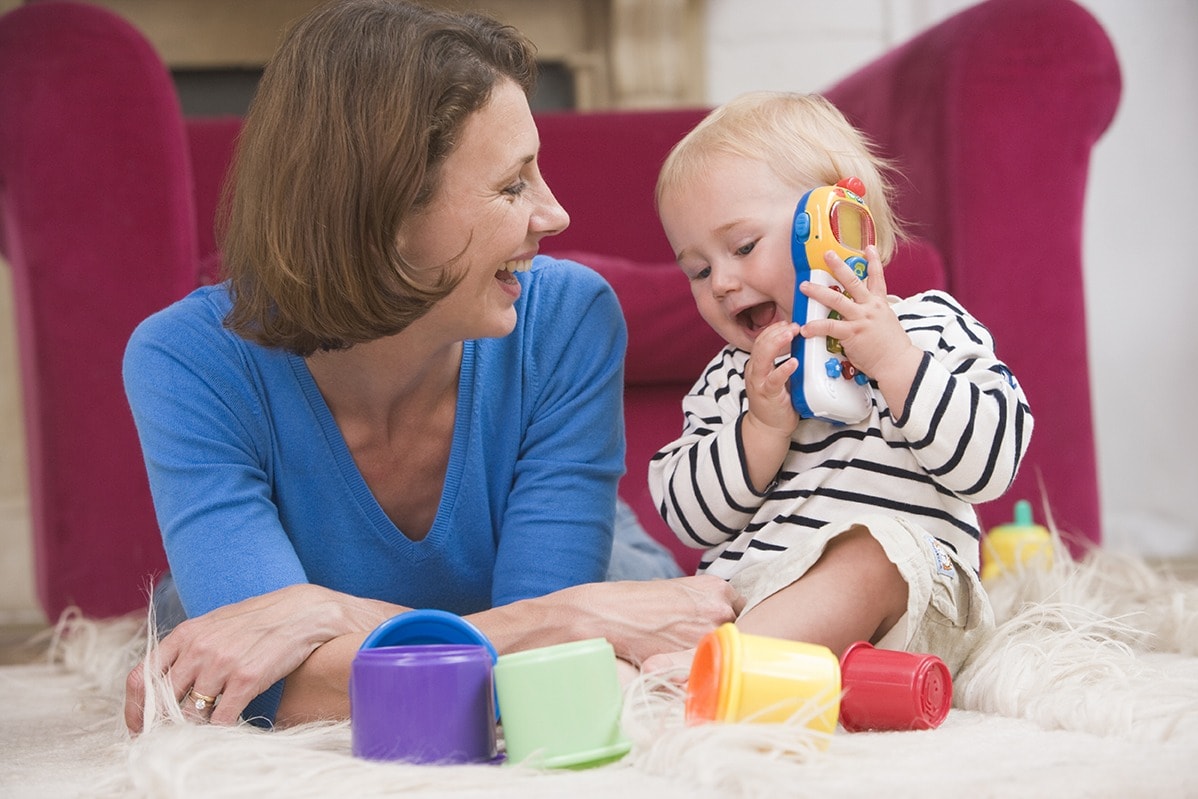
Your Best Chance to Become Pregnant is IVF Over 40
Women today are delaying childbearing for a number of reasons. These reasons can include education, career goals, the desire to be in a stable relationship. It may also be a desire of financial security. Since 40-year-old women today look and feel like they’re 30, they expect their bodies to act like 30. Unfortunately, time is not working in their favor, and their fertility is decreasing as they age. IVF procedure with donor eggs has become the best option for successful pregnancy in woman over 40.
Fertility in women starts a gradual decline around age 30, which becomes a steeper decline after age 35. By age 40, the chances of conceiving, without assistance, are about 5% per menstrual cycle. Compare that to 20% for women under 30. Part of the reason for this is that Your Best Chance to Become Pregnant Over 40 is Through IVF. After 40, over half of a woman’s remaining eggs are chromosomally abnormal. These eggs cannot create a viable embryo, one that has a good chance of implanting.
For woman over 40 the chance of conceiving unassisted is low and the time left in their reproductive life is limited as well. So, many women over 40 find it makes the most sense to turn to IVF as soon as possible. Most fertility centers start patients off with less invasive strategies like ovulation stimulation medication with IUI. They then move up to IVF if that isn’t successful. Each intervention in the system is generally tried twice before moving on to the next strategy. For women over 40, this is using up valuable time and ovarian reserves. That is why many of the best IVF clinics for over 40 believe the most prudent step is to move these women straight to IVF.
Why Women Over 40 Have Problems Conceiving
There are many reasons women over 40 have trouble conceiving, including:
- Ovulation is not as regular.
- Ovulation starts earlier in the cycle, so the standard timing of intercourse doesn’t work.
- Not all eggs are viable and can be fertilized.
- Chances of chromosomal abnormalities in eggs are much higher. Chromosomal abnormalities in eggs at age:
- 30 about 30%.
- 40 about 60%.
- 44 about 90%.
- She’s more likely to have health problems, like hypertension or diabetes, that affect fertility.
- Since her partner is probably near her age, there’s a higher likelihood of problems with his sperm.
IVF Success Rates for Women Over 40
Overall, IVF success rates over 40 are pretty good:
- IVF over age 40 success rate with own eggs, per egg retrieval cycle, is 6%.
- IVF over age 40 success rate, per implantation attempt with donor eggs, is 4%.
- The IVF success rate, using donor eggs, is the same for women over 40 as it is for any other age group.
- The use of donor eggs during their IVF after age 40 affords these women the same chance for a successful pregnancy as a younger woman.
- Donor egg babies have a lower chance of genetic defects because the younger, donor eggs have a lower chance of defects.
IVF, the Best Chance for a Successful Pregnancy if You’re Over 40
A study called the Forty and Over Treatment Trial (FORT-T) was published in the journal of Fertility and Sterility. It suggests that women over 40 who are trying to conceive should go directly to IVF. They don’t have a lot of time to waste on less invasive protocols, like IUI, which is unlikely to be successful. Instead of losing months of time, and more precious eggs, they are going straight to the protocol most likely to succeed. The live birth rate using donor eggs is over 50% for all age groups. This is according to SART, the Society for Assisted Reproductive Technology. It is an industry group that registers 95% of IVF cycles in the U.S.
If you’re 40 or older, and really want to carry a baby of your own, IVF is a great option to begin with. Your Best Chance for successful pregnancy Over 40 is through IVF. Instead of spending your funds on other unsuccessful interventions , you can only pay the process costs for IVF once or twice. Thus, you can cut down on time as well as financial and emotional risks.
When researching fertility centers, one thing to be aware of is that some fertility centers drastically limit the age of intended parents. they do so in order to keep their live birth numbers high when they report to SART. This is why, when doing your research, you need to check their policy on the age of the intended parents. it will make sure that the agency is a good fit for you.


















